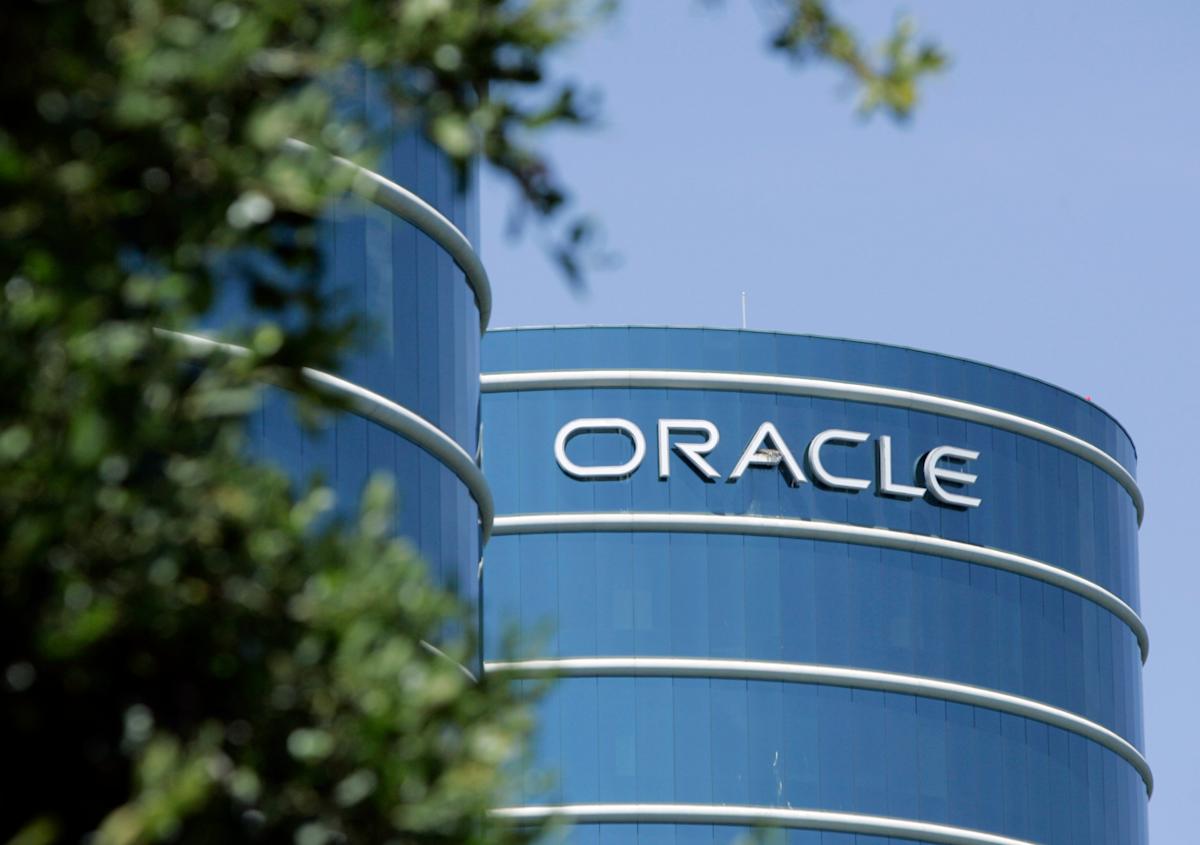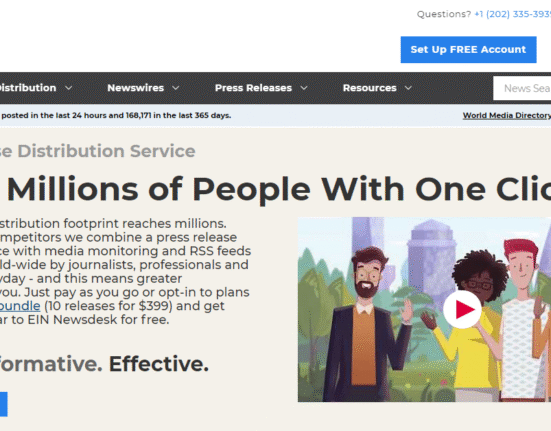Oracle (ORCL) stock fell 7% Friday, reversing the previous day’s gains as the company sought to assure investors of the long-term profitability of its AI infrastructure business.
Oracle said during a presentation to financial analysts Thursday that the gross profit margin for its AI infrastructure business — which rents out computing capacity from AI chips in Oracle’s data centers — would hit a range of 30% to 40% by 2030. The company unveiled the targets a week after the Information reported that Oracle was renting out AI chips from its cloud segment, Oracle Cloud Infrastructure (OCI), at a much lower average gross profit margin of 16%.
The company also upped its revenue target for 2030 to $166 billion from its already ambitious $144 billion objective outlined in Oracle’s most recent earnings report. The new target implies a compound annual growth rate (CAGR) of 75% over five years. Shares in Oracle climbed 3% on the news Thursday.
But Wall Street analysts highlighted some issues with Oracle’s targets on Friday.
Jefferies analyst Brent Thill said Oracle’s lack of disclosure of its capital expenditure forecasts left questions about its costs to meet customers’ anticipated AI demand unanswered.
“Capex will need to ramp in line with OCI revenue growth, raising concerns about ORCL’s financing options to support this expansion,” said Thill. Oracle unexpectedly raised $18 billion in debt in late September, putting the stock under pressure.
JPMorgan analyst Mark Murphy pointed out that while Oracle’s revenue target for 2030 was impressive, it also showed revenue growth from new or expanded contracts decelerating at the end of the decade. Murphy said Oracle’s guidance implied net new revenue growth soaring to 150% in the company’s 2028 fiscal year but decelerating to 22% in 2029 before net-new revenue would decline 27% in 2030.
Murphy also cautioned against the high bar set by Oracle’s targets: “Overall, we sense investors weighing the impressive financial guidance … against a feeling that it may set a very high bar with plenty of wood to chop for the next half-decade, and the poor track record of software companies collectively executing to 4-5-year-out guidance frameworks.”
Despite Oracle’s stock price decline, shares are up nearly 75% for the year as the company has emerged as a key player in the AI cloud space, competing with much more valuable tech giants like Alphabet (GOOGL, GOOG), Amazon (AMZN), and Microsoft (MSFT). The company has a $300 billion deal with ChatGPT developer OpenAI (OPAI.PVT) as part of the companies’ US AI data center project, called Stargate.
Oracle (ORCL) stock fell 7% Friday, reversing the previous day’s gains as the company sought to assure investors of the long-term profitability of its AI infrastructure business.
Oracle said during a presentation to financial analysts Thursday that the gross profit margin for its AI infrastructure business — which rents out computing capacity from AI chips in Oracle’s data centers — would hit a range of 30% to 40% by 2030. The company unveiled the targets a week after the Information reported that Oracle was renting out AI chips from its cloud segment, Oracle Cloud Infrastructure (OCI), at a much lower average gross profit margin of 16%.
The company also upped its revenue target for 2030 to $166 billion from its already ambitious $144 billion objective outlined in Oracle’s most recent earnings report. The new target implies a compound annual growth rate (CAGR) of 75% over five years. Shares in Oracle climbed 3% on the news Thursday.
But Wall Street analysts highlighted some issues with Oracle’s targets on Friday.
Jefferies analyst Brent Thill said Oracle’s lack of disclosure of its capital expenditure forecasts left questions about its costs to meet customers’ anticipated AI demand unanswered.
“Capex will need to ramp in line with OCI revenue growth, raising concerns about ORCL’s financing options to support this expansion,” said Thill. Oracle unexpectedly raised $18 billion in debt in late September, putting the stock under pressure.
JPMorgan analyst Mark Murphy pointed out that while Oracle’s revenue target for 2030 was impressive, it also showed revenue growth from new or expanded contracts decelerating at the end of the decade. Murphy said Oracle’s guidance implied net new revenue growth soaring to 150% in the company’s 2028 fiscal year but decelerating to 22% in 2029 before net-new revenue would decline 27% in 2030.
Murphy also cautioned against the high bar set by Oracle’s targets: “Overall, we sense investors weighing the impressive financial guidance … against a feeling that it may set a very high bar with plenty of wood to chop for the next half-decade, and the poor track record of software companies collectively executing to 4-5-year-out guidance frameworks.”
Despite Oracle’s stock price decline, shares are up nearly 75% for the year as the company has emerged as a key player in the AI cloud space, competing with much more valuable tech giants like Alphabet (GOOGL, GOOG), Amazon (AMZN), and Microsoft (MSFT). The company has a $300 billion deal with ChatGPT developer OpenAI (OPAI.PVT) as part of the companies’ US AI data center project, called Stargate.












Leave feedback about this